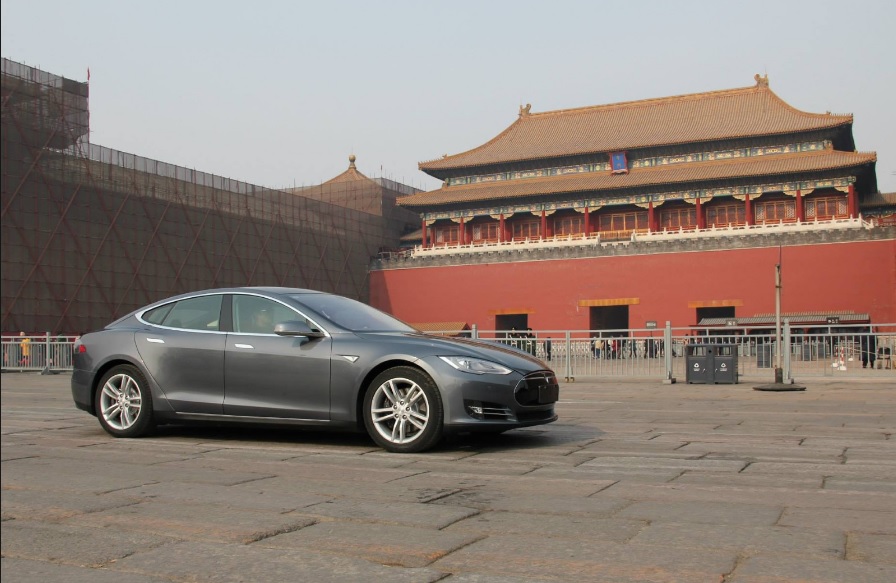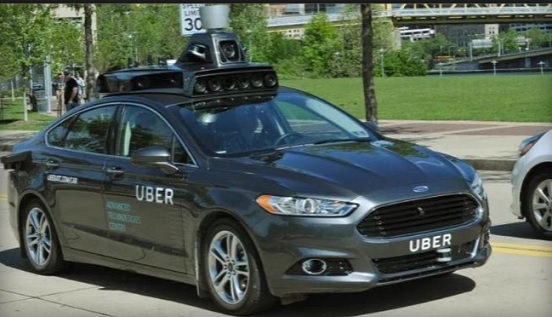Tesla may not build a factory in China: Tesla may not be able to bring a factory to China under the appealing terms that had been reached with the government last fall, according to a Bloomberg report. CEO Elon Musk had been in talks about  building an assembly plant in the Shangai area, but the two parties couldn’t reach an agreement on how the ownership structure would work. The national government wants it to be like all the others – a joint venture with local partners and Tesla wants to own the factory entirely. In October, Tesla had reached an agreement with the government in Shanghai to build a production facility in the city’s free-trade zone. Tesla would have been able to sidestep China’s steep tariffs by building a factory in the zone. Tesla has done well selling its electric cars in China, but an import tax of 25% raises the sticker price beyond what most consumers are willing to consider. A Tesla Model X made in the U.S. and shipped to China costs about 835,000 yuan ($132,000). Neither Tesla nor China responded to Bloomberg queries on the state of the potential agreement.
building an assembly plant in the Shangai area, but the two parties couldn’t reach an agreement on how the ownership structure would work. The national government wants it to be like all the others – a joint venture with local partners and Tesla wants to own the factory entirely. In October, Tesla had reached an agreement with the government in Shanghai to build a production facility in the city’s free-trade zone. Tesla would have been able to sidestep China’s steep tariffs by building a factory in the zone. Tesla has done well selling its electric cars in China, but an import tax of 25% raises the sticker price beyond what most consumers are willing to consider. A Tesla Model X made in the U.S. and shipped to China costs about 835,000 yuan ($132,000). Neither Tesla nor China responded to Bloomberg queries on the state of the potential agreement.
Evolution offers information resources for EV shoppers: For those of you thinking about buying a plug-in vehicle in the Midwest, or need resources for marketing them, check out EVolution: Choices for a Smarter Purchase. Consumers interested in buying an all-electric or plug-in hybrid vehicle can check out a new-vehicle purchase guidance tool created by Argonne National Laboratory. The EVolution website connects to the Alternative Fuels Data Center, FuelEconomy.gov, U.S. Energy Information Administration websites, and others in one convenient platform to provide the most recent information about electric-drive and conventional powertrain types, public charging locations, and available incentives. Argonne National Laboratory designed the research tool as a part of the seven-state Midwest EVOLVE project, providing information on buying an EV in Illinois, Indiana, Michigan, Minnesota, North Dakota, Ohio, or Wisconsin. Midwest EVOLVE is a partnership between the American Lung Association and eight Clean Cities coalitions in the Midwest to educate consumers about the clean-air and performance advantages of plug-in electric and hybrid vehicles.
Shared Mobility Principles for Livable Cities: While autonomous vehicles has become the leading edge issue in the auto industry, the question always comes up about how companies will be able to build viable,  profitable business models and meet demands for real-world transportation. That would include doing it safely and addressing public concerns about how realistic self-driving cars would be to release on our roads.
profitable business models and meet demands for real-world transportation. That would include doing it safely and addressing public concerns about how realistic self-driving cars would be to release on our roads.
In the past year, the topic of robotaxis has been the focus, with automakers forging alliances with tech giants and mobility service companies. The business model is appealing to many, as it could meet future demand for transportation in increasingly crowded, traffic-packed, air-polluted cities. Consumers may not want to own autonomous vehicles as much as they’d be willing to take an Uber or Lyft ride driven by a robot.
The Shared Mobility Principles for Livable Cities was launched last year and led by Robin Chase, a Zipcar co-founder. Earlier this month, the organization brought in 15 leading technology and transportation companies and adopted a set of rules and principles addressing equity, environmental, and social concerns. The companies – Uber, Lyft, BlaBlaCar, Citymapper, Didi, Keolis, LimeBike, Mobike, Motivate, Ofo, Ola, Scoot Networks, Via, and Zipcar – account for 77 million passenger trips per day and inform the travel decisions of 10 million people each day, according to a statement released by the World Resources Institute, the organization which facilitated the agreement.
The Shared Mobility Principles for Livable Cities was launched in October 2017 at the Ecomobility World Festival in Taiwan. It was initially signed by policy think tanks and advocacy organizations, including Transportation for America, Natural Resources Defense Council, ITDP, the World Resources Institute, and the Rocky Mountain Institute. The organization has written 10 non-binding principles in the statement offering a vision for a sustainable mobility future that incorporates multimodal transportation options.



